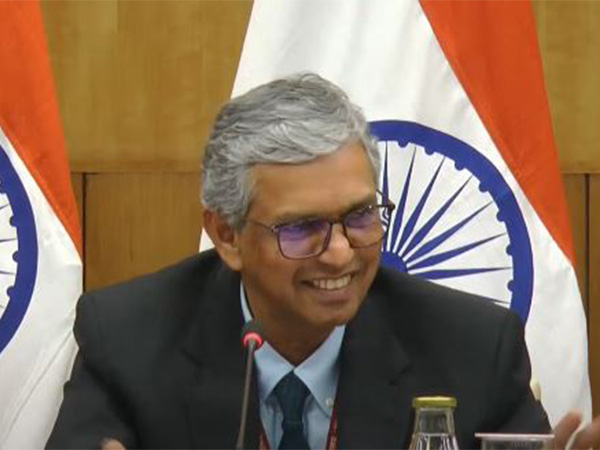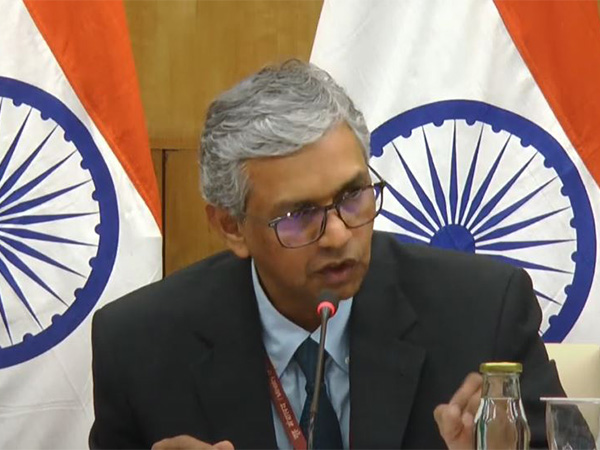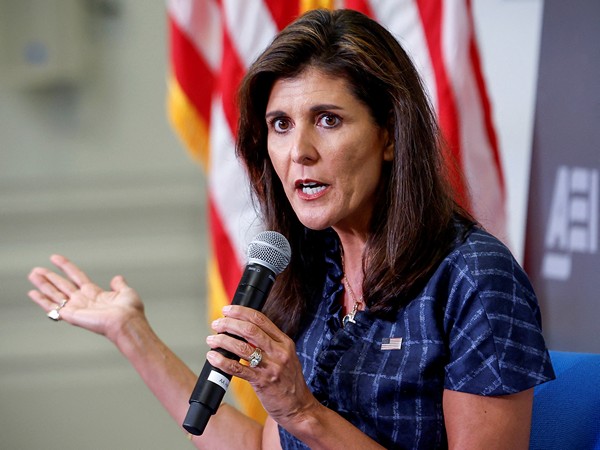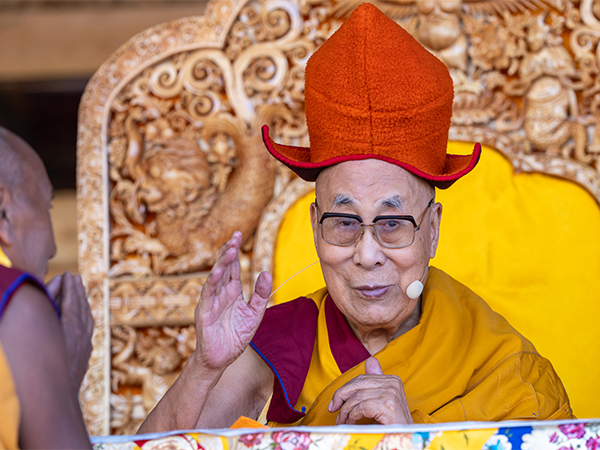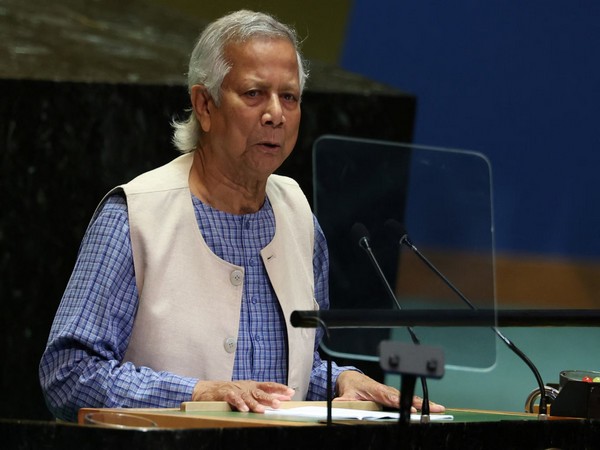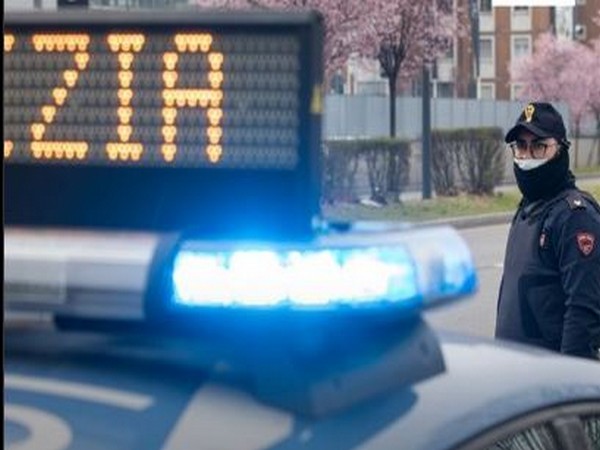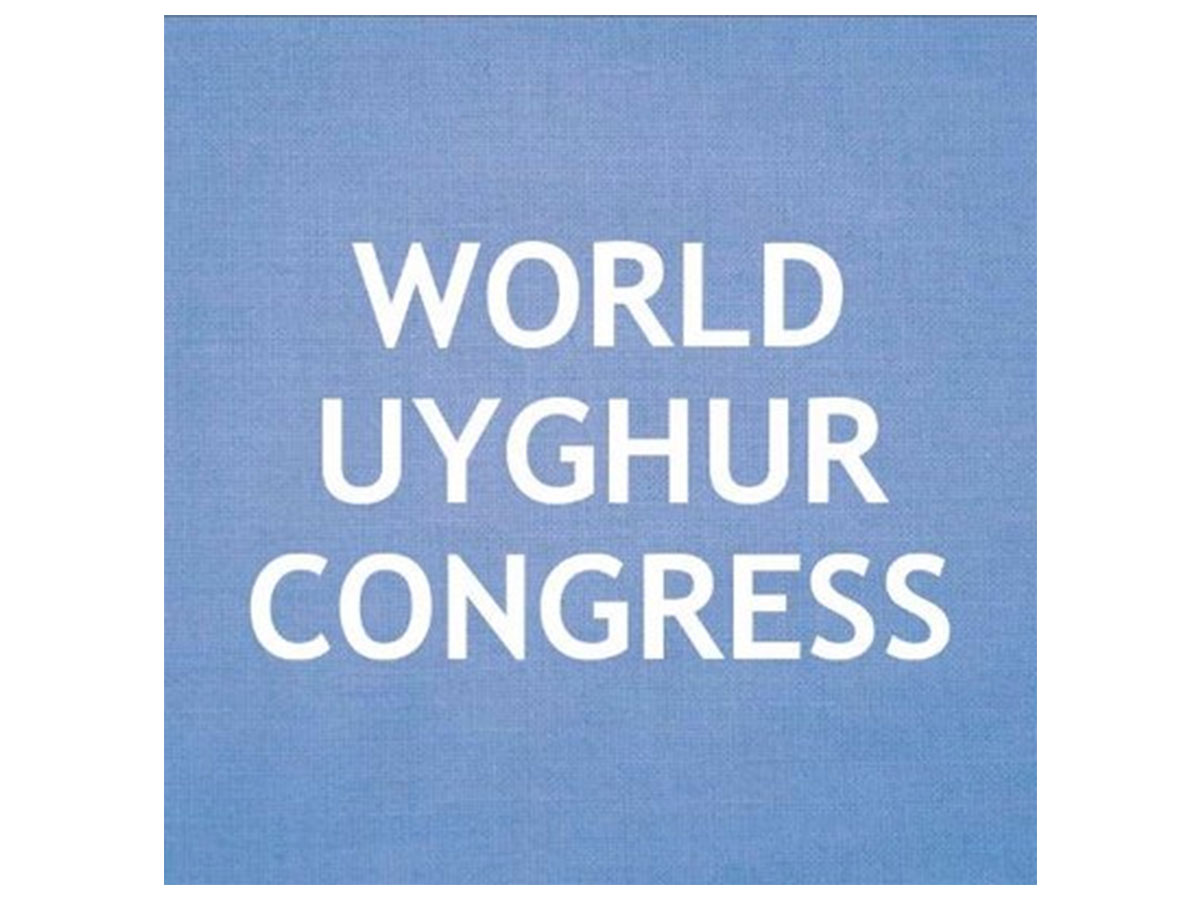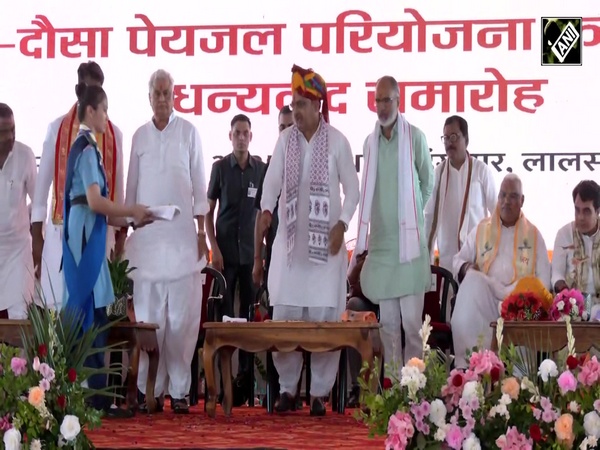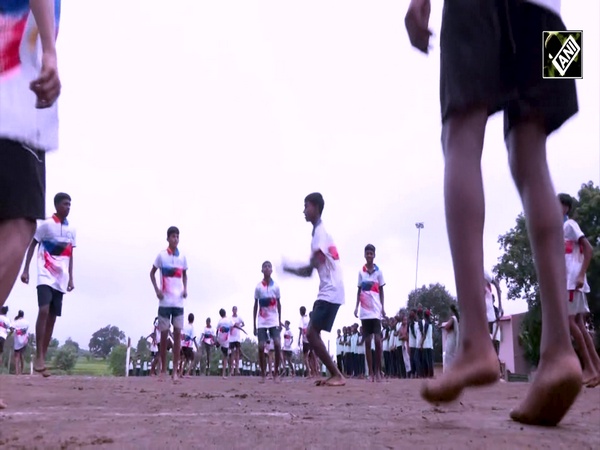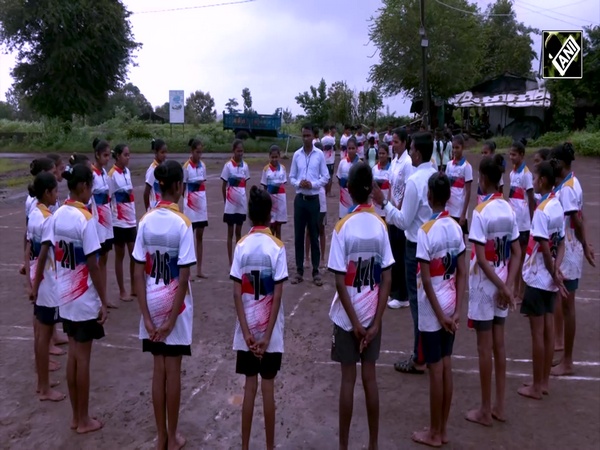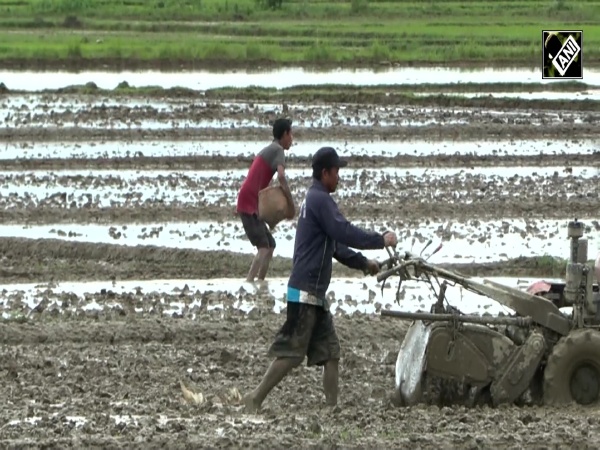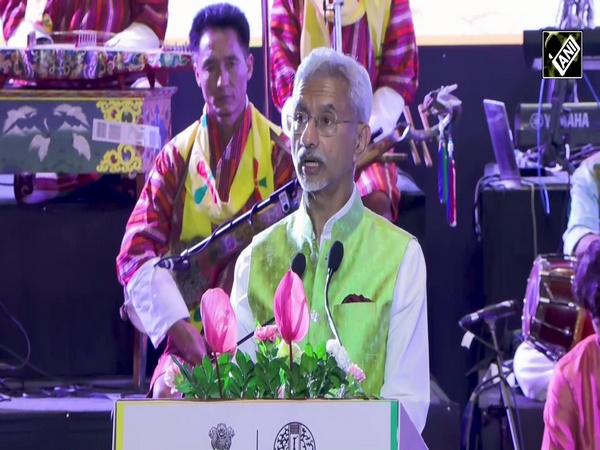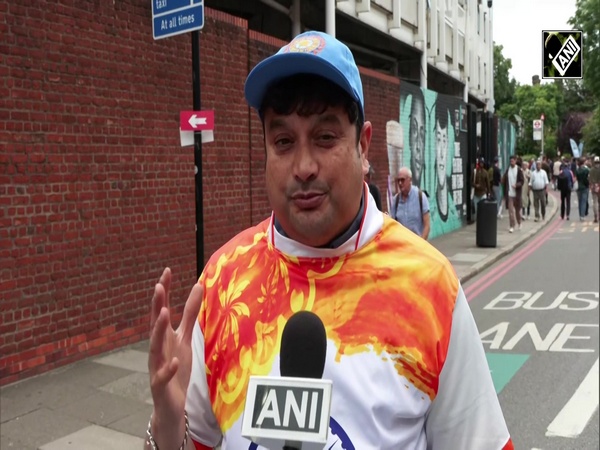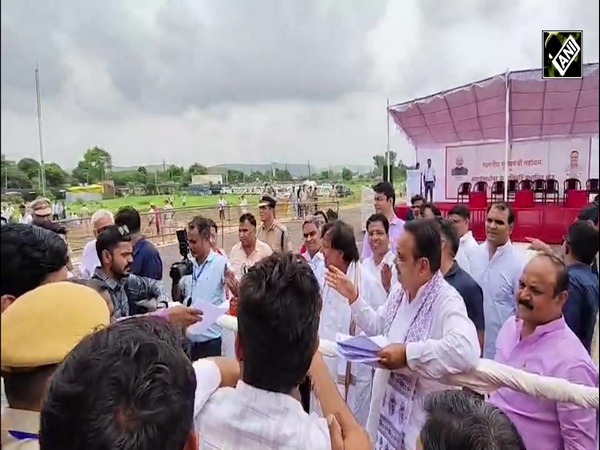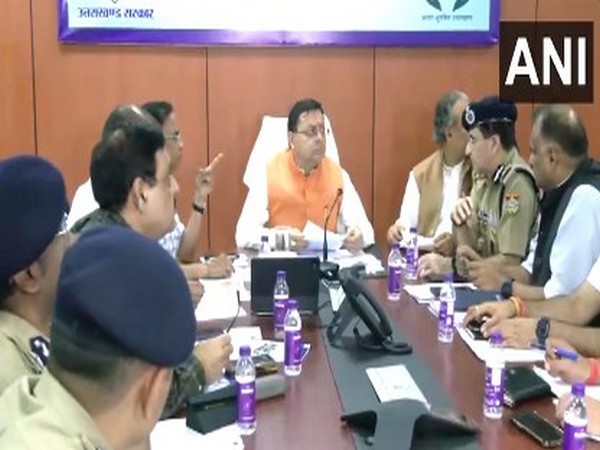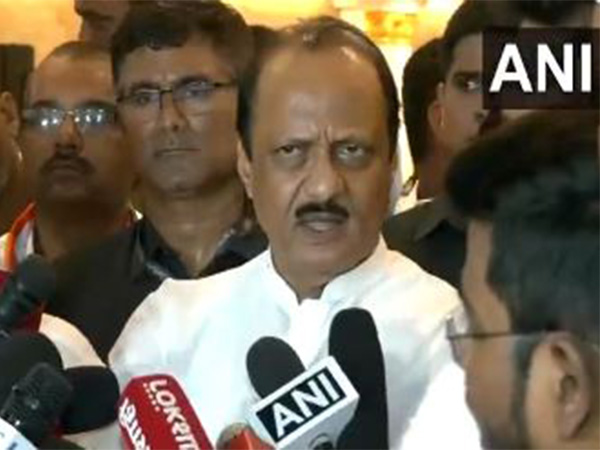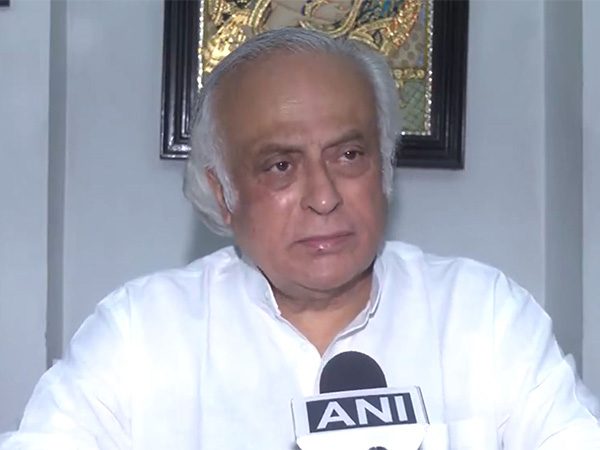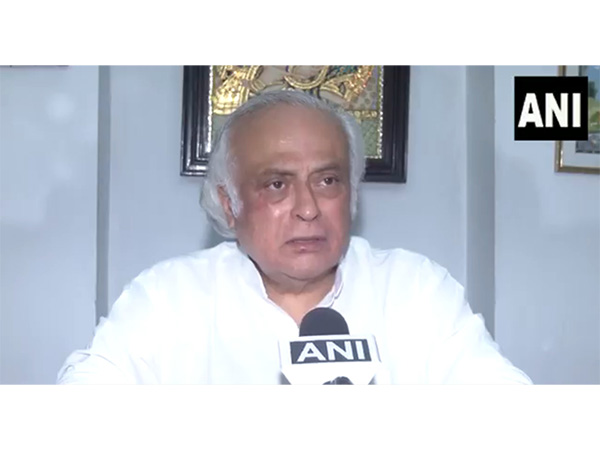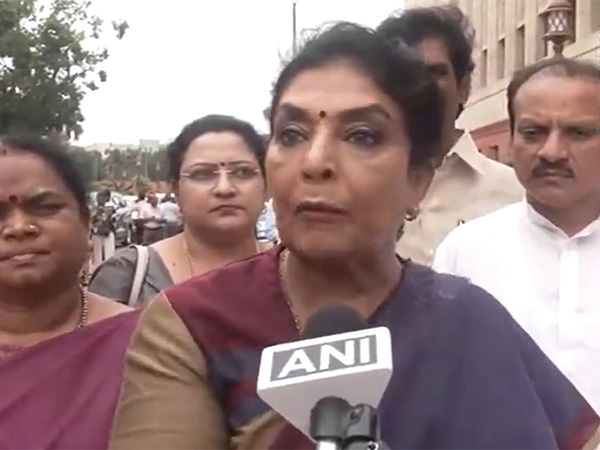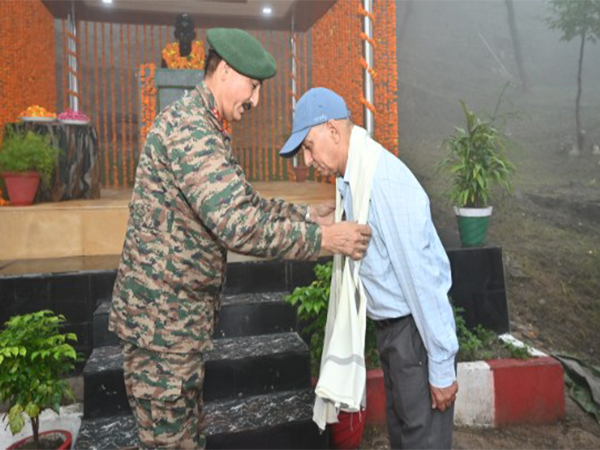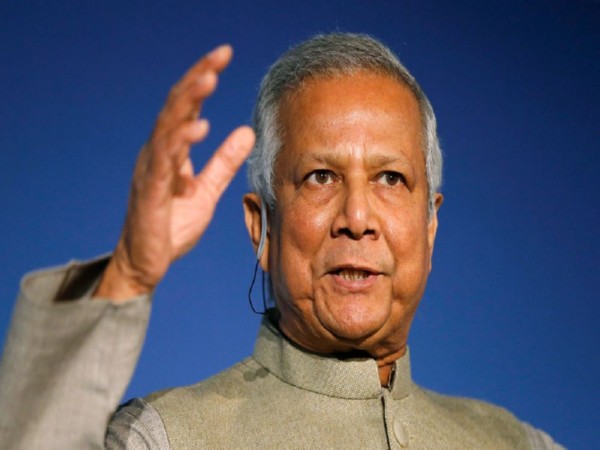
Yunus announces Bangladesh general elections in February next year
Aug 05, 2025
Dhaka [Bangladesh], August 5 : Bangladesh Chief Adviser Muhammad Yunus on Tuesday declared that the next general election will be held in February 2026.
He announced the election timeframe during his address to the nation via state television, BTV and radio to mark the first anniversary of the uprising that ousted former Prime Minister Sheikh Hasina.
"On behalf of the interim government, I will write to the Chief Election Commissioner, requesting that the Election Commission organise a national election in February 2026, before the next Ramadan," Chief Adviser Muhammad Yunus said.
"We will all begin mental preparation and institutional arrangements from tomorrow to complete all arrangements so that this year's election is memorable in the country's history in terms of joy and celebration, peace and order, voter turnout, and cordiality," he added.
"My appeal to political parties is that in your election manifestos, in your promises, pledges, and plans, the youth should not be left out. Women should not be left out. Remember, the youth who have changed Bangladesh have the power to change the world as well," Yunus said.
Earlier today, the Bangladesh interim government unveiled formally the "July declaration", an official declaration of the July Mass Uprising of 2024 in Bangladesh. Chief Adviser Muhammad Yunus has announced the declaration, which outlines 26 points of political, constitutional and governance issues in line with the spirit of the student-led uprising that ousted former Prime Minister Sheikh Hasina.
The interim government held discussions with political parties that participated in the movement against Sheikh Hasina before finalising the "July Declaration". Top leaders of the parties, including Bangladesh Nationalist Party (BNP), Jamaat-e-Islami, and newly formed National Citizen Party (NCP) leaders, were present when this declaration, which was adopted with the consent of the political parties, was announced at the South Plaza of the Bangladesh Parliament Complex during the uprising anniversary ceremony.
The July declaration criticised the constitution adopted in 1972 after the independence war against Pakistan in 1971 and pledged to reform it.
"Whereas, the post-independence Awami League government failed to materialise the people's aspirations because of the weaknesses in the procedures of drafting and in the structure of the constitution, along with its inappropriate application," the July Declaration said.
"Whereas, during the rule of Sheikh Hasina, under her very leadership, an extreme force that was anti-people, autocratic and against human rights turned Bangladesh into a fascist, mafia and failed state and thereby tarnished Bangladesh's international image," it added.
"Therefore, the people of Bangladesh express their desire that the student-people uprising of 2024 will get proper state and constitutional recognition and that the July Declaration will feature in the schedule of the reformed constitution as framed by the government formed through the next national election," the July Declaration said.
Thousands of people gathered at Manik Mia Avenue, a major street in Sher-e-Bangla Nagar, Dhaka, on Tuesday, forming the south boundary of the National Parliament House Complex, to celebrate the first uprising day and the one-year anniversary of the overthrow of the previous Sheikh Hasina government, amid high security. The interim government of the South Asian country of 170 million people has organised the mega-event after declaring the day a national holiday.
Human Rights Watch (HRW) criticised the interim Bangladesh government of Mohammad Yunus for falling short in implementing its challenging human rights agenda, a year since tens of thousands of people took to the streets to depose Sheikh Hasina's government.
"The hope of the thousands who braved lethal violence a year ago when they opposed Sheikh Hasina's abusive rule to build a rights-respecting democracy remains unfulfilled," said Meenakshi Ganguly, deputy Asia director at HRW.
"The interim government appears stuck, juggling an unreformed security sector, sometimes violent religious hardliners, and political groups that seem more focused on extracting vengeance on Hasina's supporters than protecting Bangladeshis' rights," she added.
Bangladesh is on high alert at the anniversary of the uprising. Law enforcement agencies, including the police, have set up checkpoints on the streets and are conducting searches.
Bangladesh's Independence leader, Sheikh Mujibur Rahman, was assassinated along with most of his family members on August 15, 1975. Despite the ban on the activities of the Bangladesh Awami League, the party is observing August as a month of mourning.
Bangladesh's former Prime Minister Sheikh Hasina was ousted in a Student-led uprising, known as the July uprising or July revolution, in August last year. She fled to India, and an interim government was formed under the leadership of Muhammad Yunus, a Nobel Laureate.
